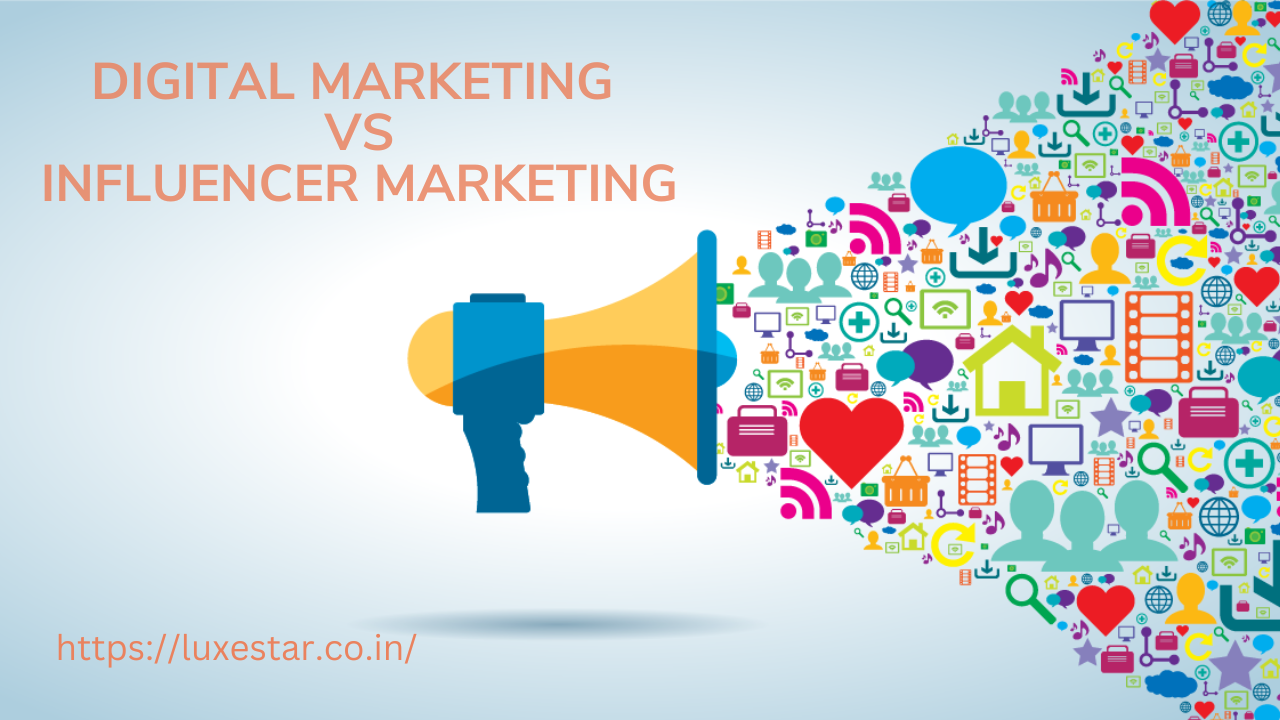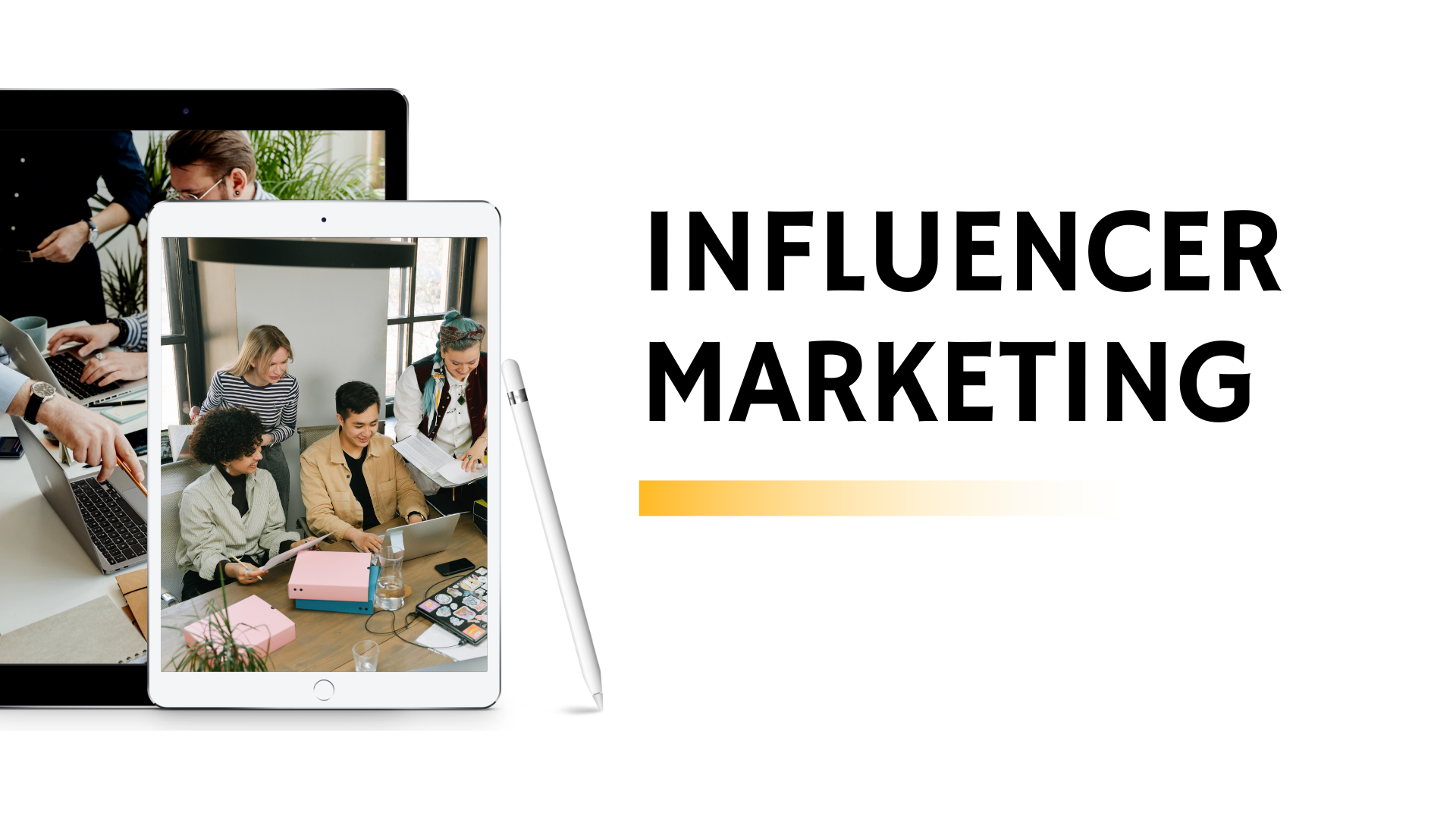Difference Between Digital Marketing and Influencer Marketing
Understanding Digital Marketing
Digital marketing encompasses a wide range of online strategies aimed at reaching and engaging with target audiences. It leverages digital channels such as websites, search engines, social media, email, and mobile apps to promote products, services, or brands. The key objectives include increasing brand awareness, driving traffic, generating leads, and ultimately, converting leads into customers. Digital marketing strategies are data-driven, allowing marketers to measure performance accurately and optimize campaigns for better results.
Role of Influencer Marketing
Influencer marketing involves leveraging individuals with significant online followings to promote products, services, or brands. These influencers, categorized by their reach and niche, build credibility and trust with their audiences. Unlike traditional marketing, influencer marketing relies on authentic endorsements and personalized content, allowing brands to tap into targeted demographics effectively. It aims to boost brand awareness, engagement, and conversions by harnessing influencers' influence and audience loyalty.
Key Differences Between Digital and Influencer Marketing
Digital marketing focuses on utilizing online channels like search engines, social media, and email to reach broad target audiences through branded content and advertisements. It emphasizes data-driven strategies to measure ROI and engagement metrics.
In contrast, influencer marketing centers around leveraging individuals with significant online followings to endorse products or services. It relies on the influencers' authenticity and credibility to engage niche audiences through personalized, relatable content. Unlike digital marketing, influencer marketing prioritizes building trust and leveraging influencer relationships to drive brand awareness and conversions.
Metrics and Measurement:
In digital marketing, metrics focus on quantifiable data such as ROI, click-through rates (CTR), conversion rates, and engagement levels across various channels. These metrics help assess campaign effectiveness and optimize strategies for better performance.
In influencer marketing, metrics revolve around engagement rates, impressions, follower growth, and brand sentiment influenced by the endorsements. These metrics gauge the impact of influencer collaborations and assess the effectiveness of reaching targeted audiences through authentic content.
Conclusion:
In conclusion, digital marketing and influencer marketing represent two distinct yet complementary approaches to reaching and engaging with target audiences in the digital age. Digital marketing harnesses the power of data-driven strategies across various online channels to achieve broad reach and measurable outcomes. On the other hand, influencer marketing leverages the credibility and authenticity of individuals with significant online followings to create personalized connections and drive targeted engagement.
While digital marketing agency in Delhi excels in scalability and precise targeting through analytical insights, influencer marketing agency in Delhi stands out for its ability to build trust and foster genuine relationships with niche audiences. Integrating both strategies strategically can enhance brand visibility, credibility, and ultimately, drive conversions in a dynamic and competitive digital landscape.



